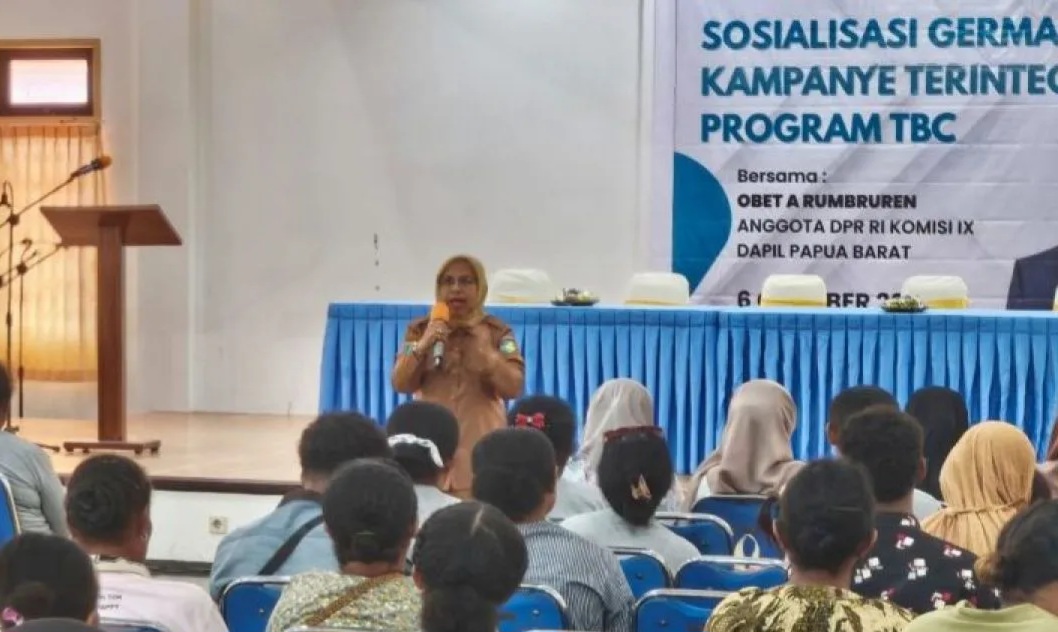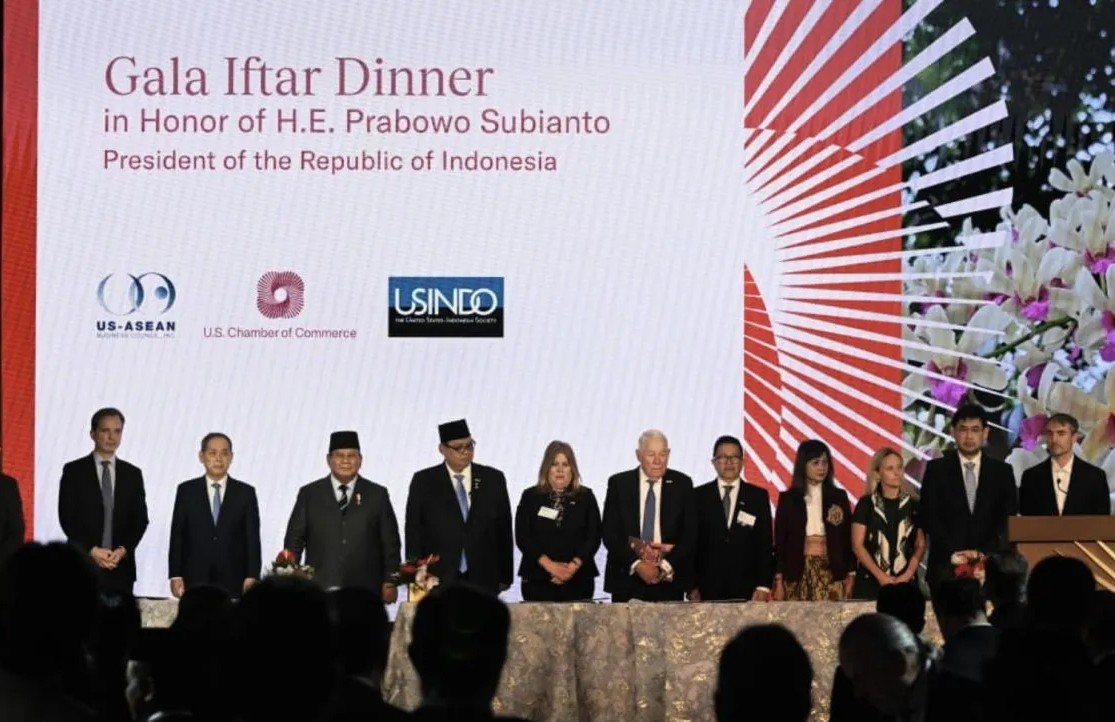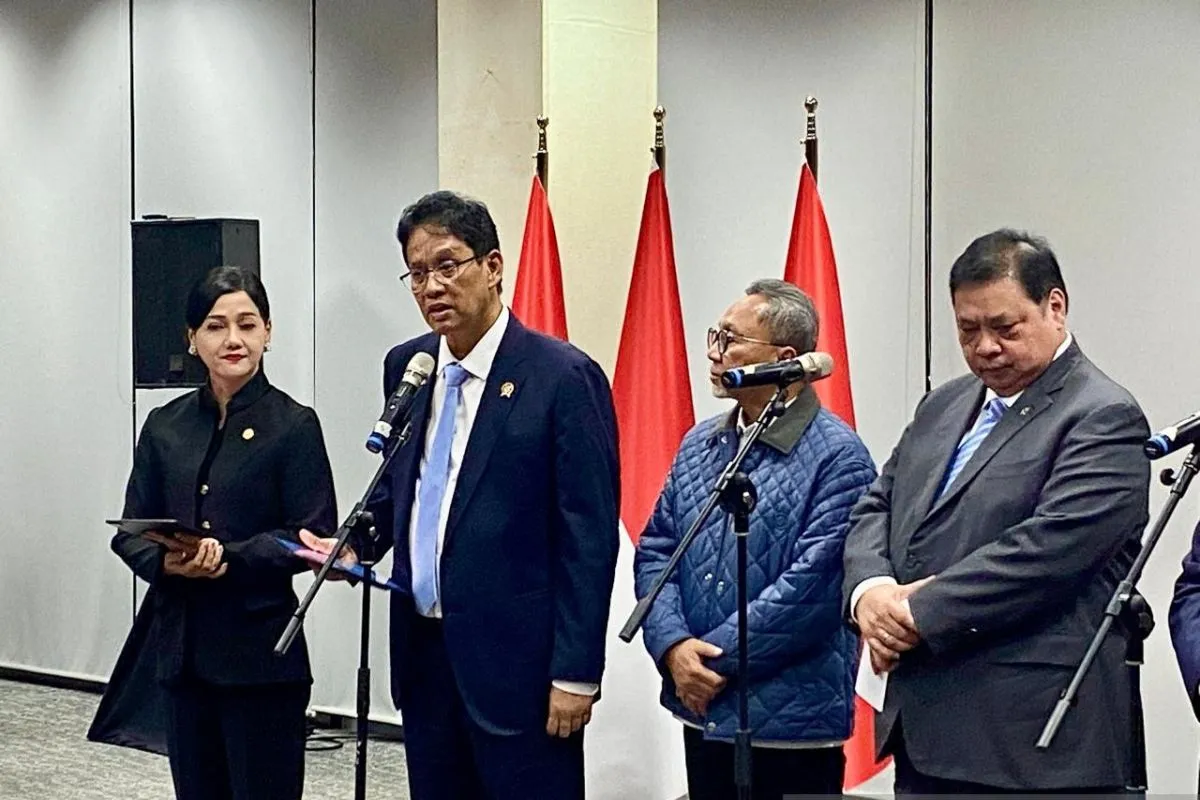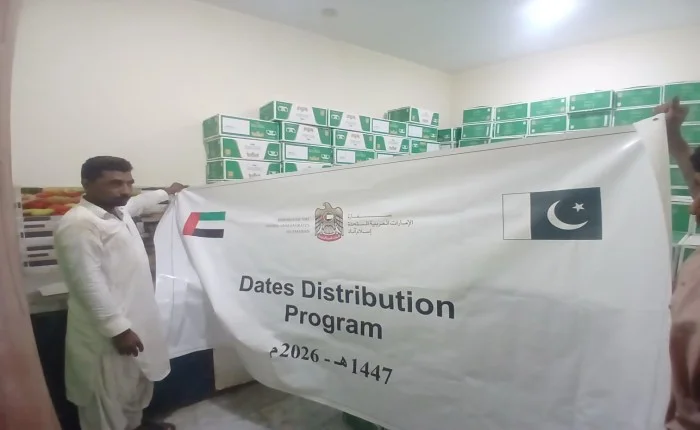Jakarta, October 18, 2025 – The Europe Today: Deputy Health Minister Benjamin Paulus has reaffirmed Indonesia’s strong commitment to eradicating tuberculosis (TB), describing the disease’s elimination as a key measure of a nation’s level of development.
Speaking at a media briefing on Friday, Paulus emphasized the importance of expanding public education and early detection to accelerate TB control efforts. “I want to work harder and help more next year. If possible, we should detect 1.5 million cases. Why not? Because as long as the bacteria exist, it will continue to spread,” he stated.
According to the Deputy Minister, Indonesia’s current TB case notification rate has reached 55 percent of the national target of 1,090,000 cases, while treatment adherence among patients has exceeded 85 percent. The next critical step, he said, is strengthening community awareness and encouraging active case finding across the country.
Paulus noted that Indonesia ranks second globally in TB cases, and highlighted that the disease not only affects the lungs but can also impact other organs, including the eyes, brain, skin, liver, and breasts. This broad impact underscores the government’s decision to make TB elimination a national health priority.
Thanks to advances in medical technology, the treatment duration for drug-resistant TB has been significantly reduced from 24 months to six months, offering patients more effective and manageable therapy. The Health Ministry is also collaborating with Dr. Erlina Burhan, a leading TB vaccine researcher from the University of Indonesia, to develop a new treatment regimen that could shorten therapy to just three to four months.
“This way, patients won’t have to take medication for too long. Because when treatment lasts too long, people tend to lose motivation and stop,” Paulus explained.
He further stressed that TB elimination requires multi-sectoral cooperation, given the disease’s social and economic dimensions. The Ministry of Health is working closely with the Ministry of Manpower to educate employers about TB and promote workplace support for affected employees.
“A patient with drug-sensitive TB needs only between two weeks and one month of treatment to eliminate the bacteria. By understanding this, companies will not dismiss employees diagnosed with TB but will instead provide support and understanding,” Paulus said.
Through these combined efforts in early detection, education, research, and inter-ministerial collaboration, Indonesia aims to make significant strides toward eradicating TB and improving national health outcomes in the years ahead.














